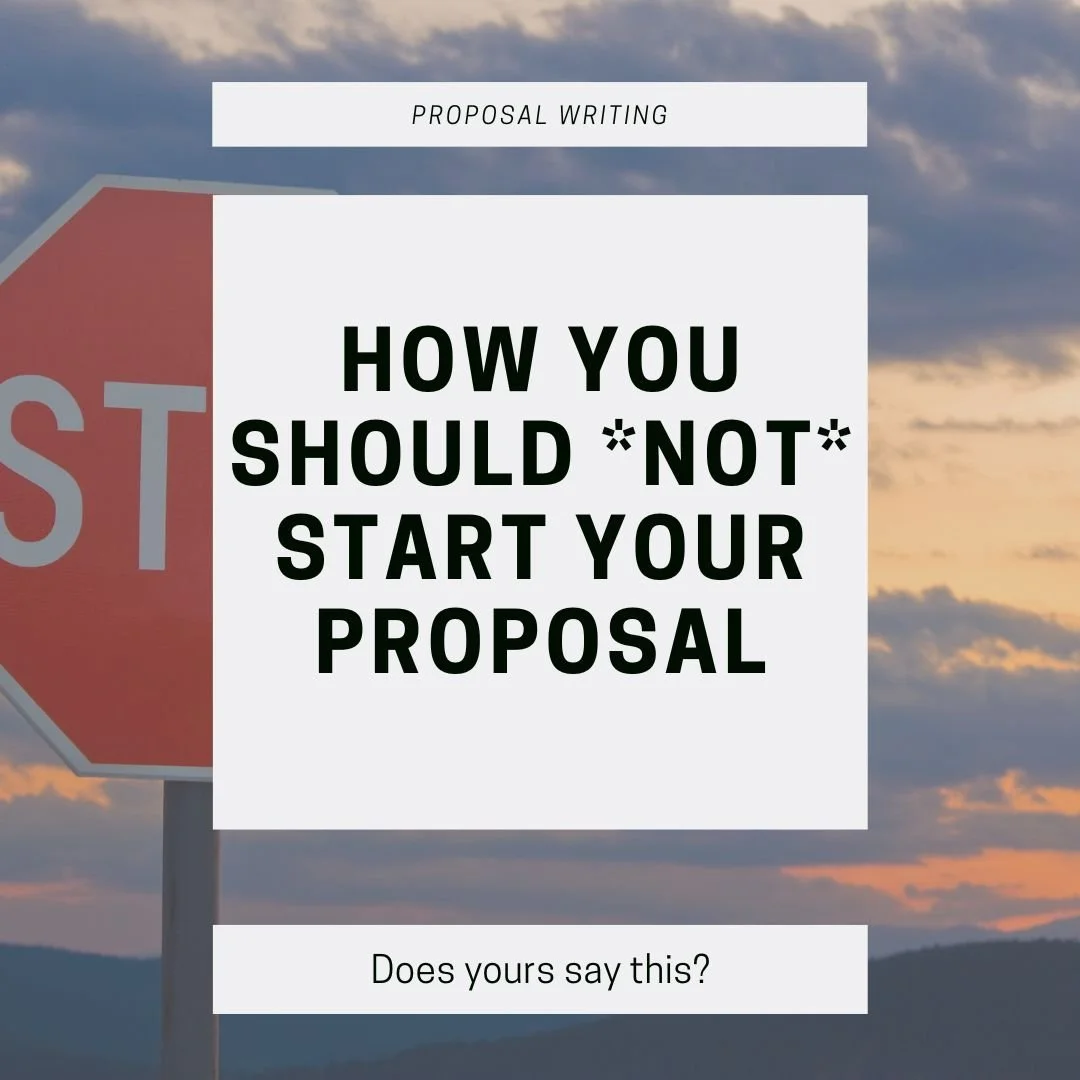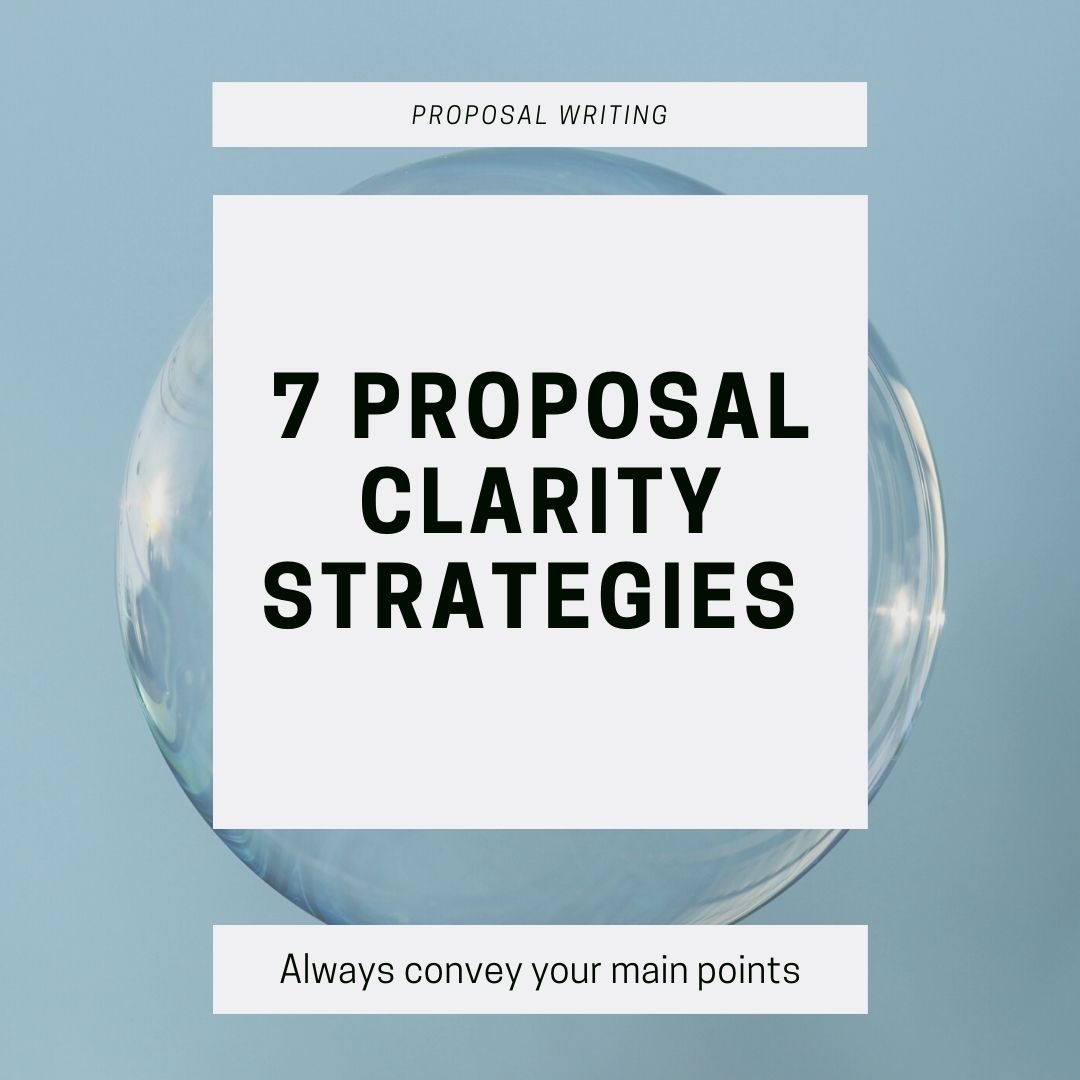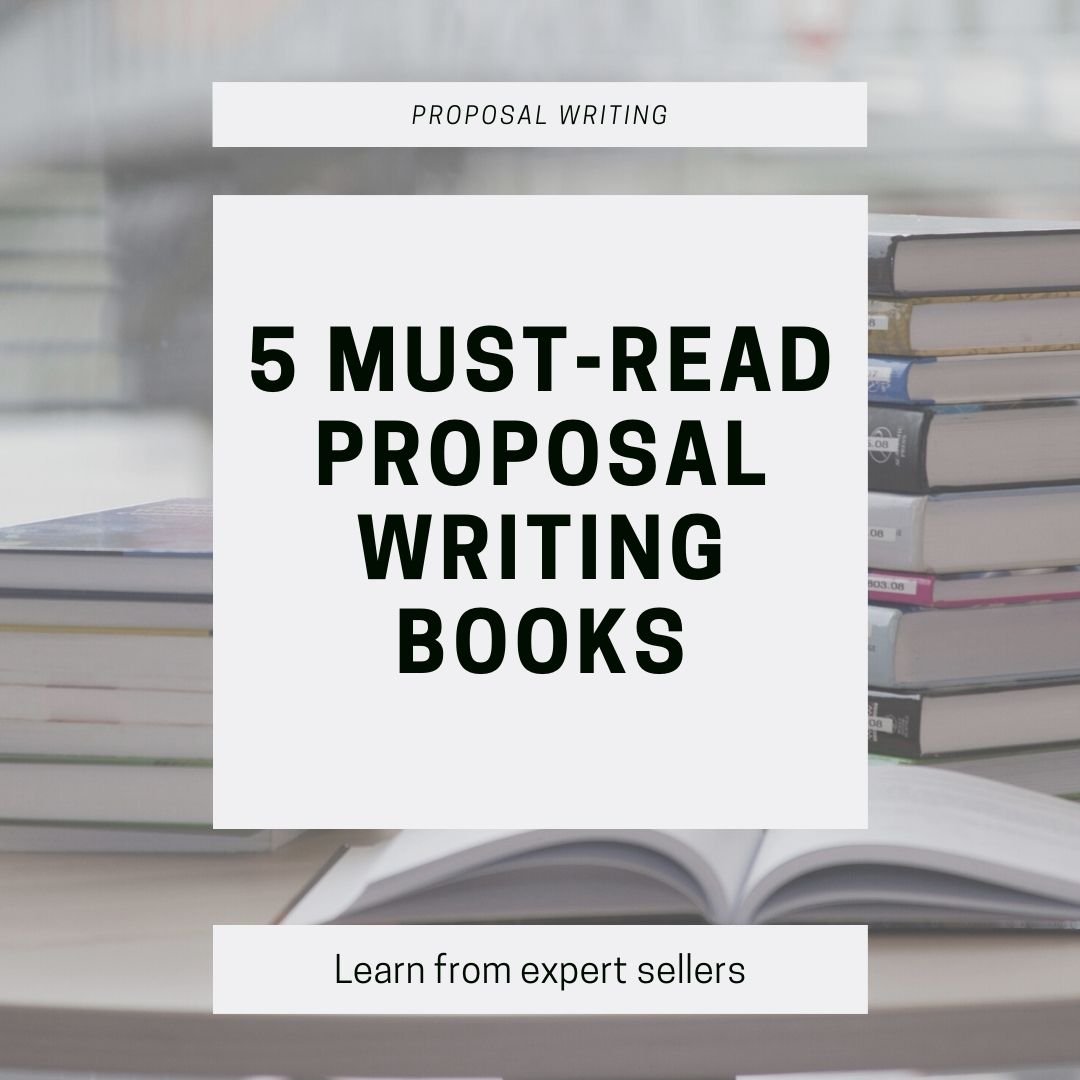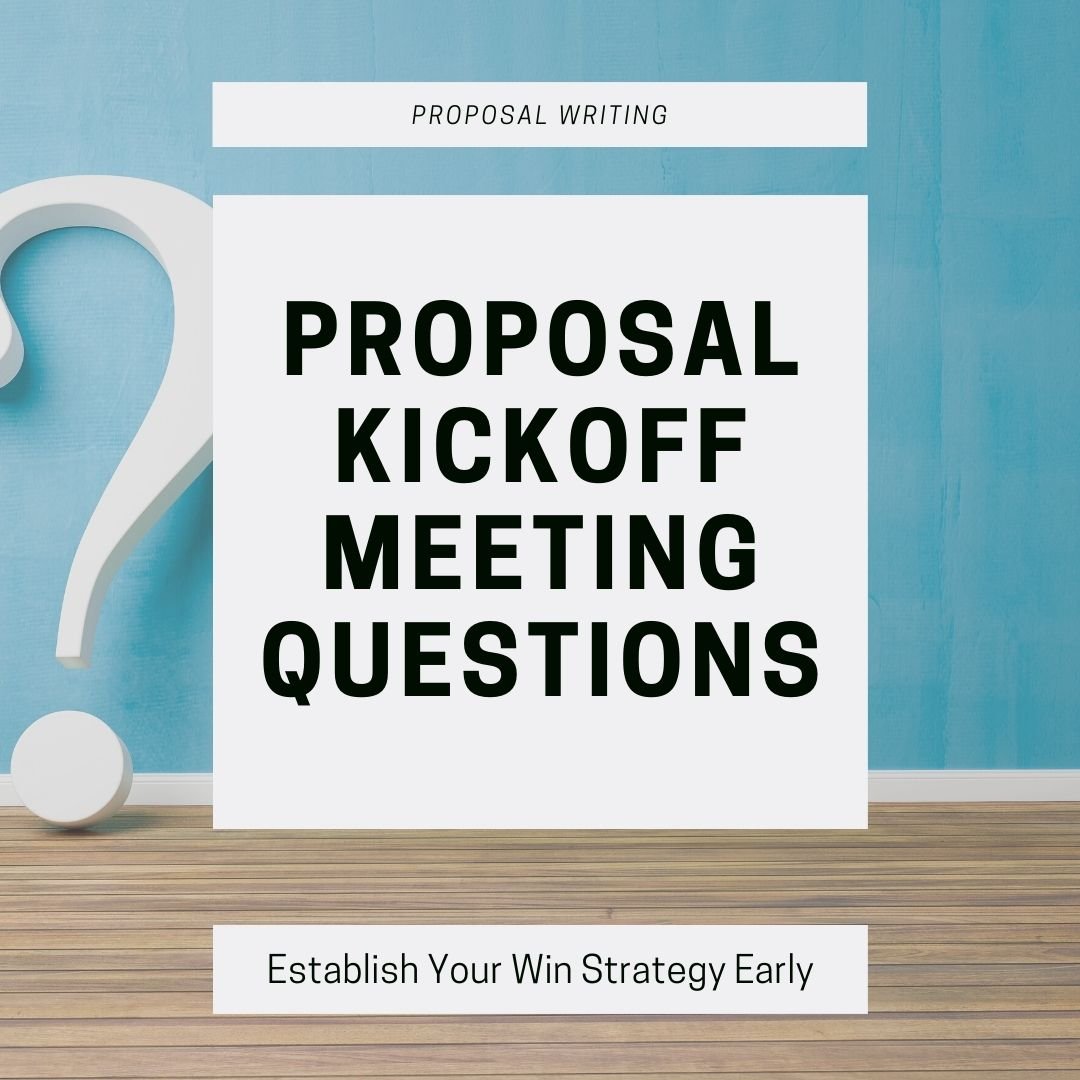One of the biggest complaints I hear is how time-consuming proposal writing can be.
At many companies, proposals fall to the salesperson, marketer, business owner, or assistant, all of whom have many additional responsibilities that must be completed in addition to proposal writing.
If that’s the case for you, then the steps below can help you to streamline your process, so you spend less time creating proposals and more time ticking items off your to-do list.
Read More



















